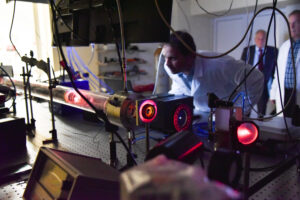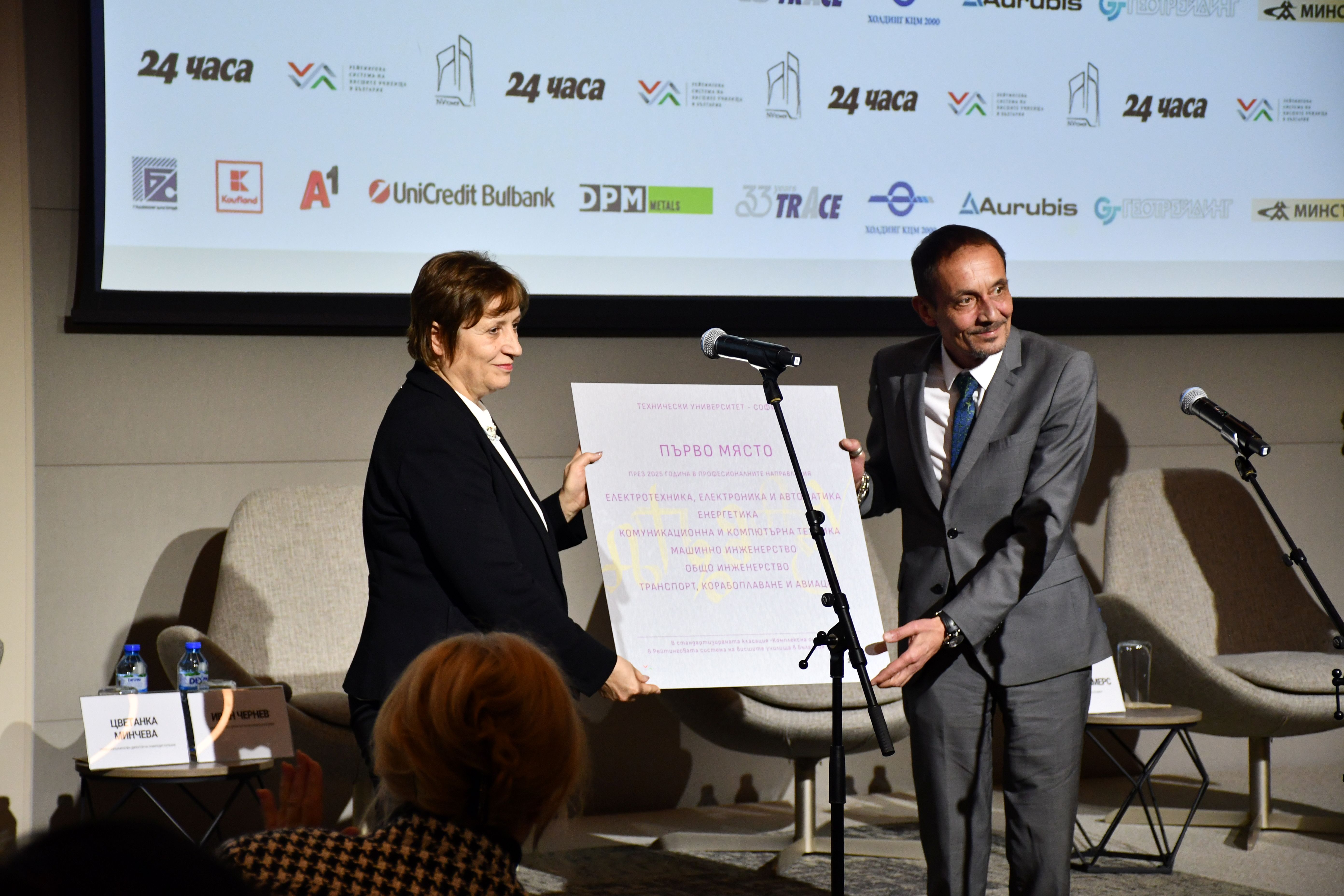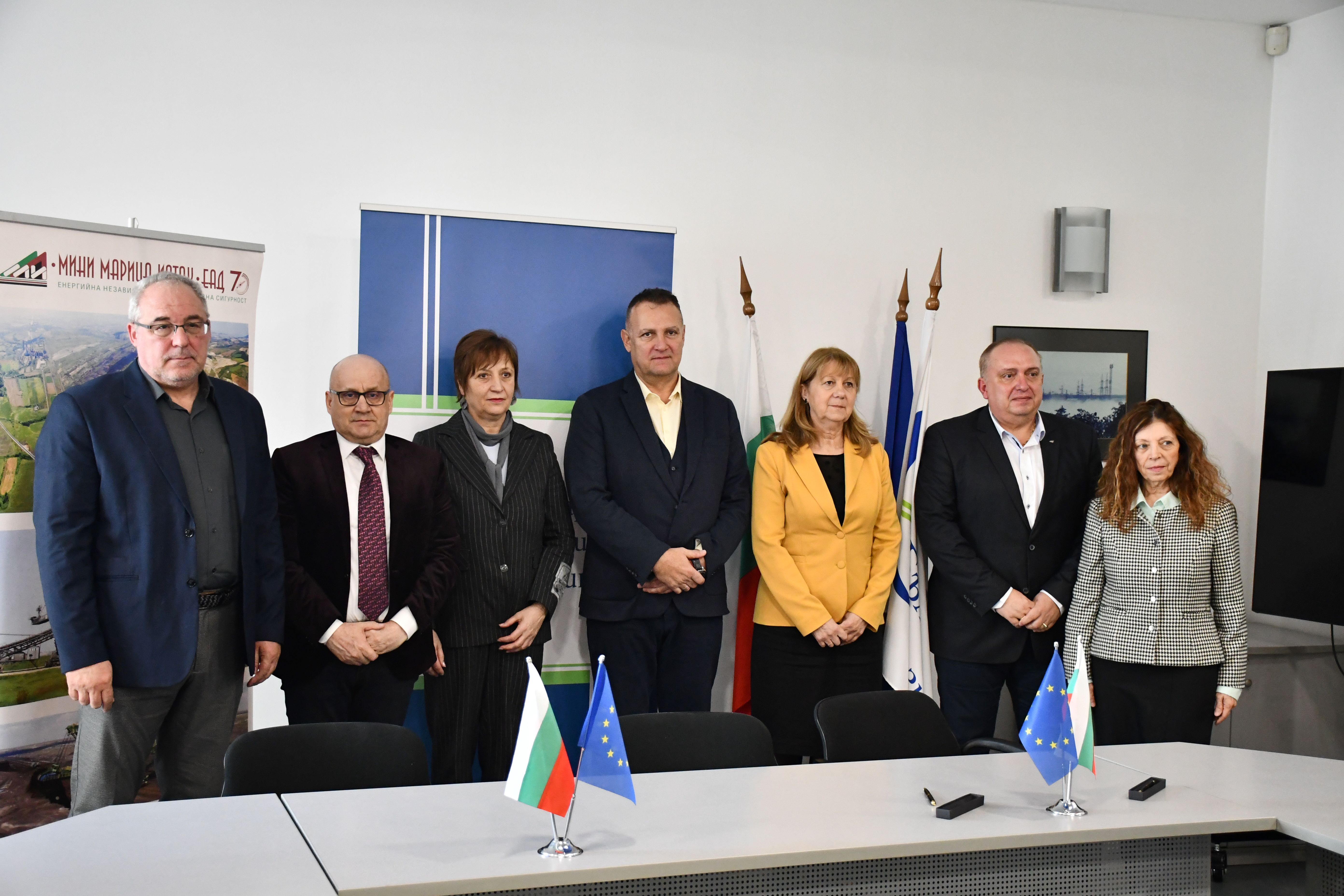The project involves laser-induced controlled nuclear fusion and has the potential for a breakthrough in global science and nuclear energy production
The Ministry of Innovation and Growth will support with BGN 10 million a cutting-edge research of the Institute of Solid State Physics (ISSP) at the Bulgarian Academy of Sciences. The project is related to laser-induced controlled nuclear fusion and has the potential for a breakthrough in global science and nuclear energy production. With the funding provided by the “Research, Innovation and Digitalization for Smart Transformation” programme, the necessary laboratory conditions for the scientific work will be created.
According to the International Atomic Energy Agency (IAEA), nuclear fusion is a source of almost unlimited, safe and clean energy. It is through this process that stars and the Sun are “powered”. Significant scientific efforts are being made worldwide to achieve and apply nuclear fusion. Recently, in the laser laboratory of the Institute of Solid State Physics, for the first time in the world, a nuclear fusion reaction was experimentally obtained under femtosecond laser emission conditions – by ultra-short pulses of high power in an extremely short period of time.
The experiment was the work of four scientists from the Institute of Solid State Physics – Assoc. Prof. Dr. Ekaterina Yordanova and Assoc. Prof. Dr. Georgi Yankov, and from the Institute of Electronics of BAS – Prof. Lyubomir Kovachev and Assoc. Prof. Ivan Angelov. Their efforts will be supported by the world-renowned scientist and former President of the Academy Acad. Nikola Sabotinov.
With funding from the Research Programme, they will try to develop and optimise this Bulgarian innovative fusion method. This will be a unique experiment not only for Bulgaria but also worldwide. The new ISSP-BAS method is more compact, with lower energy consumption and higher safety compared to those used in the US and EU.
If successfully implemented, the project could revolutionise nuclear power generation by allowing the use of smaller and more efficient reactors. This will enable Bulgaria to start developing technologies, patents and industrial partnerships, including with the participation of SMEs and scientific organisations. In this way, our country can be among the leaders in cutting-edge research and make a significant contribution to Europe’s green and energy transformation.
Photos: ISSP






